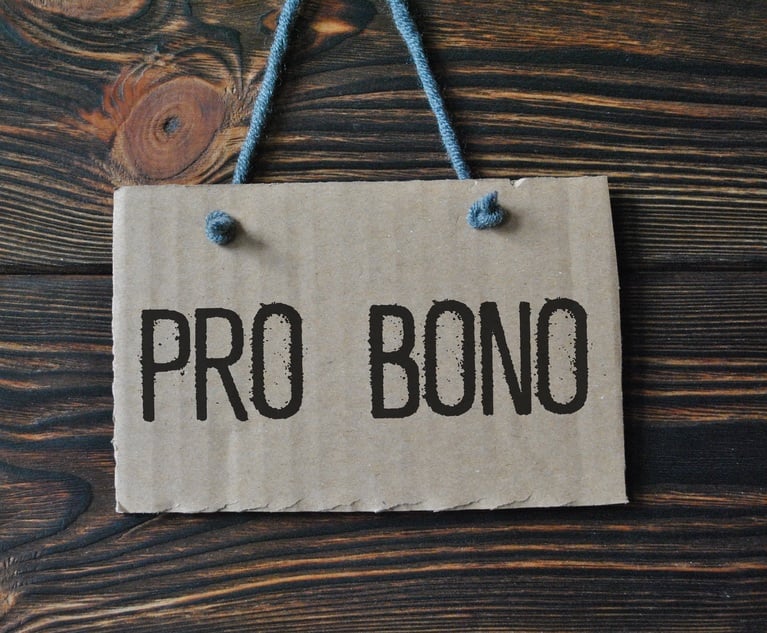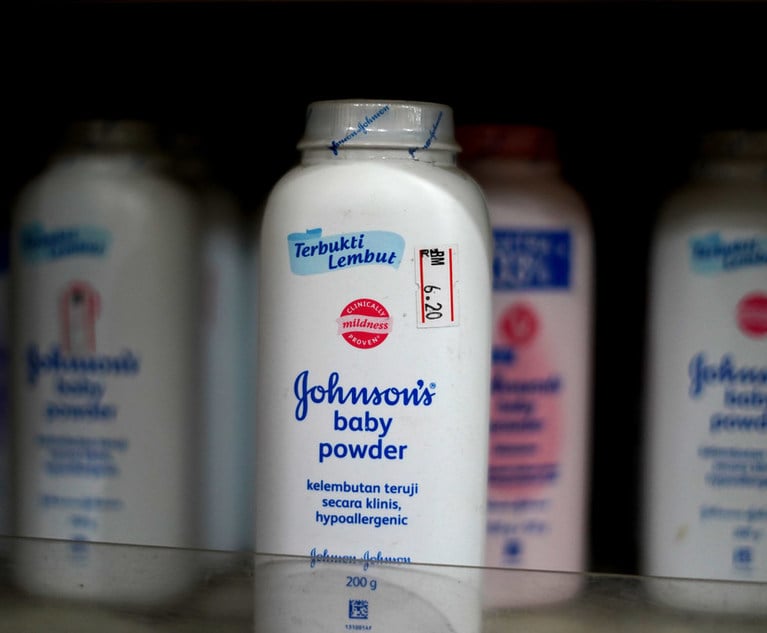The Supreme Court’s recent Judicial Conference on Jury Selection is an important part of the court’s commitment to uncover and eliminate any bias in our court system, and a model for an open-minded and thoughtful consideration of issues surrounding the qualification and selection of jurors. Over the course of two days, academics, practitioners, representatives of attorney organizations, judges and the chief justices of three other states described and discussed compelling issues with regard to our jury system, how to improve it and preserve it in its best and most equitable form. Panel discussion topics of the conference included voir dire, jury representativeness, peremptory challenges and the right of civic engagement, supporting juror impartiality, juror records and demographic information, and toward representative juries.
In his opening remarks to the conference, Chief Justice Rabner rightly noted that the goal of fair and impartial juries is easy to agree on, but that the means of achieving it is not. Highlighting issues such as the impact of jury compensation of $5 a day for the first three days and $40 a day thereafter, the permanent exclusion of individuals with felony convictions and the pros and cons of peremptory challenges, he exhorted the participants to be open to change; to listen; and to learn together. Faith in the jury system, the chief justice reminded, is a core principle that shapes the public’s faith in our system of justice.


 Credit: Crazy City Lady/Shutterstock
Credit: Crazy City Lady/Shutterstock




